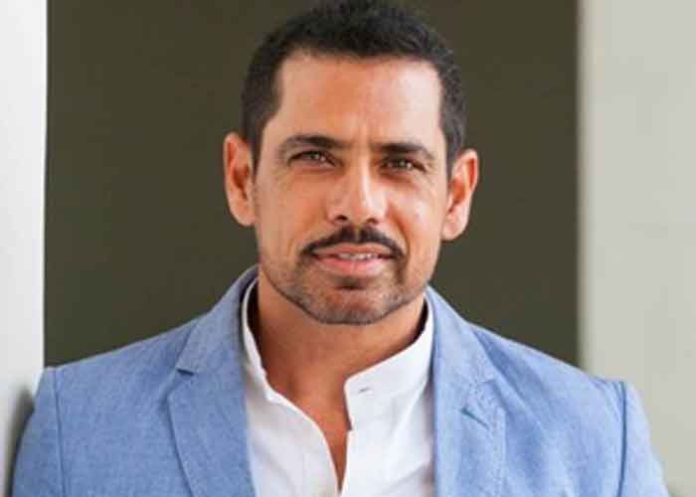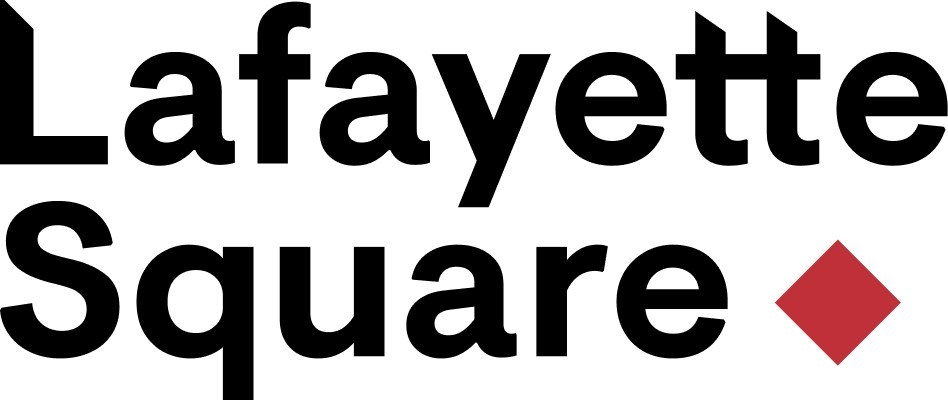One of the ways McDonald’s South Africa has seen a positive impact in addressing youth unemployment is through its partnership with the Culture, Arts, Tourism, Hospitality, and Sport Sector Education and Training Authority (CATHSSETA). Together, we are training over 1 400 young people through a learnership programme that combines classroom learning with practical, hands-on experience, equipping them with the skills needed for the workforce. South Africa’s youth unemployment crisis is one of the most urgent challenges we face today.
With over 60% of young people unable to find work, the social and economic implications are profound. The private sector has the resources, expertise, and reach to have a significant impact; it is both a moral and economic imperative. Plus, it’s good for business and youthful creativity.

A skilled, employed youth population is essential for building a sustainable and inclusive economy. The challenge is great, but so is the opportunity. Initiatives like our CATHSSETA partnership programme demonstrate what can be achieved when the private sector steps up to tackle youth unemployment.
However, addressing this crisis requires more than just isolated efforts – it demands a collective approach. Businesses, educational institutions, and government must work together to create opportunities, invest in skills development, and empower young people to build sustainable futures. The issue of youth unemployment is deeply rooted in systemic challenges.
Research shows that many young people, particularly those from low-income communities, are trapped in jobs that offer little dignity or opportunity for advancement. These jobs often fail to provide future financial security, career growth, or the respect that workers deserve. As a result, many young people leave these roles, not out of laziness or lack of ambition but because they aspire to more stability, more respect, and more opportunities to build a better future.
There are, of course, other aspects to inclusion. Our partnership with Job Abled recruits individuals with disabilities and facilitates job-shadowing opportunities. This initiative offers learners invaluable workplace experience, with the ultimate goal of securing future employment.
Since its inception in 2019, this partnership has played a key role in providing practical skills and improving employability for individuals who may otherwise face additional barriers. As part of this collaboration, we cover placement fees, ensuring participants receive the support they need to succeed in the workplace. Investing in skills development, creating quality job opportunities, and fostering partnerships with training authorities are just a few examples of how the private sector can contribute.
Every small step collectively adds to a massive impact. If we change this unfortunate situation, we significantly impact the future of our country positively. It’s our legacy.
It’s our responsibility..
Business

Addressing youth unemployment requires a collective effort – McDonald’s

It’s good for business and youthful creativity, and a moral and economic imperative.














